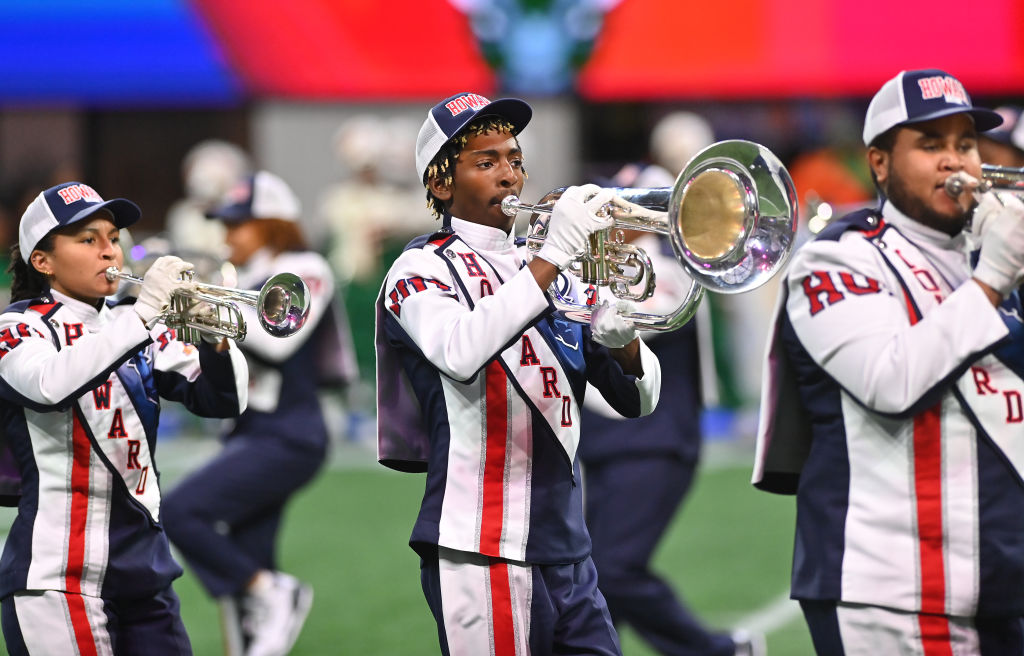
With the summer winding down, students are heading back to campus for the upcoming school year. Many of them will be beginning at or returning to a Historically Black College or University (HBCU). These critical pillars of the Black community not only educate young people and prepare them for a post collegiate life, but the immersion in Black culture also fosters confidence and pride in a world that isn’t always welcoming to Black and Brown people.
School going back into session also means that HBCU season is about to start up again. In most cases, this revolves around the athletic calendar, with football taking center stage. While the teams compete on the gridiron, homecoming events, festivals, concerts and other unique pop-up activities round out the HBCU season. Here’s everything you need to know if you want to be a part of it.
What Are HBCUs?
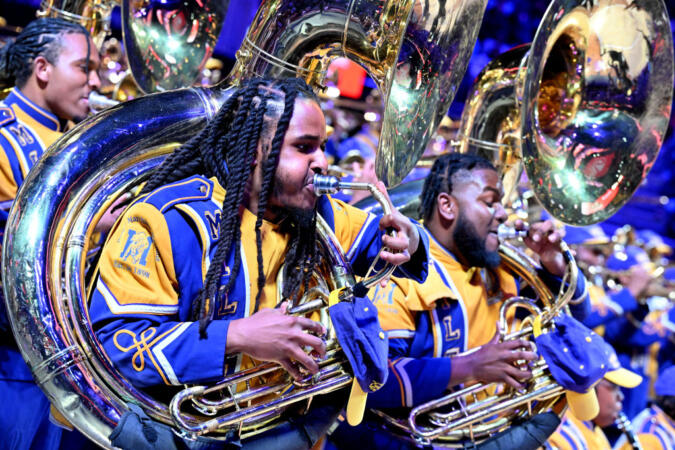
Most people in the Black community are aware of HBCUs, even if their parents or no one they know personally has attended. These are institutions of higher learning that were born out of necessity. Previously, Black people in particular were barred from attending school with white students. So, often enough, education ended not long after primary school.
With the advent of the first HBCU, Cheyney University, founded in 1837 in Pennsylvania, Black students finally had access to continuing education beyond the primary years. Today, 107 HBCUs sprinkled across the country provide stellar undergraduate and graduate programs to over 228,000 students. And even though the category refers to Black colleges and universities, all are welcome to apply and attend.
What is the HBCU Season?
Casually referred to as the HBCU Season, this time period covers the various homecomings and classics that hinge on a dynamic football game. Typically, this is scheduled during the fall, but occurs early as August. Just like with other institutions of higher learning, HBCU homecomings usually have a major rivalry football lineup as the main event.
Homecomings are a time for institutions to celebrate their history as well as its current and former students. The calendars usually include parties, Greek activities, dance competitions, pageants, networking events, speaking engagements, and in many cases alumni activities that celebrate achievements of former students.
Homecomings vs. Classics
HBCU season events also include major team matchups coordinated by non-collegiate or athletic division organizations. These much bigger events are usually referred to as “classics.” Compare them Bowls like the Orange Bowl or Rose Bowl for an idea of what to expect. The teams invited to play may vary from year to year.
For example, Circle City Classic kicks off in Indianapolis, Indiana, proudly coordinated by the Indiana Black Expo (IBE), an independent community organization. Now in its 40th year, the event usually brings two rival HBCU teams for the main football event. However, there are plenty of activities like pageants, parties, and networking events to create a full weekend schedule. Likewise, even for on-site HBCU events, the neighboring towns or cities may also host satellite events to participate in the season.
When Does the HBCU Season Start?
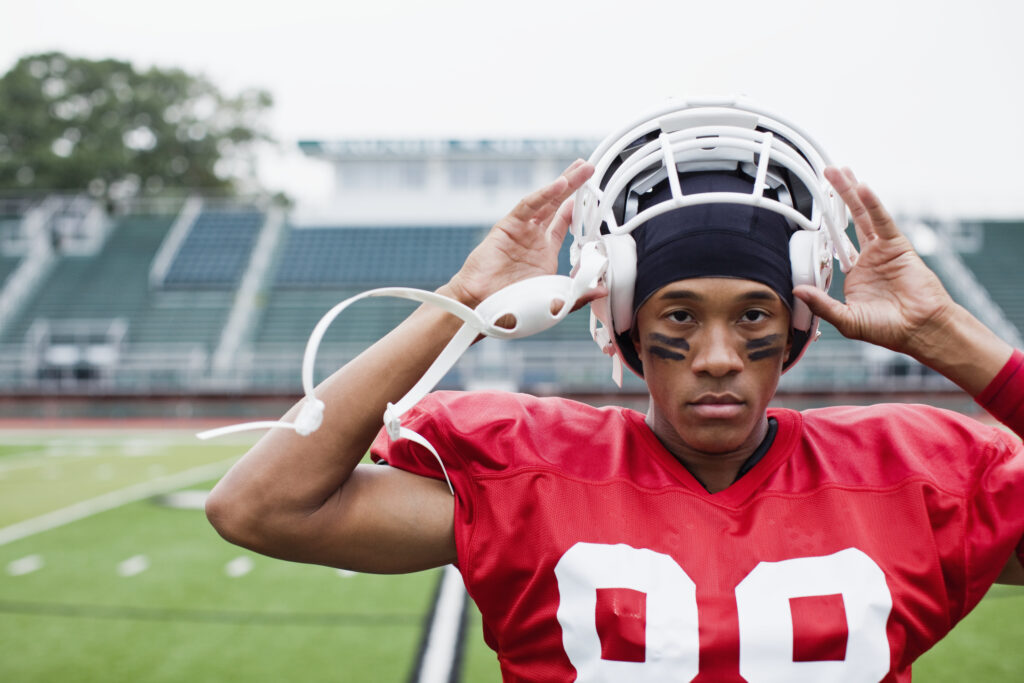
Because HBCU season follows the college football athletic season, it usually starts a few weeks after college is back in session. Many HBCU athletics programs are part of the Mid-Eastern Athletic Conference (MEAC) and Southwestern Athletic Conference (SWAC) divisions. These are part of the National Collegiate Athletic Association’s (NCAA) Division I category. A small group of HBCU athletics are part of Division II. Because of this, the NCAA records the game’s final scores.
The NCAA posts the official HBCU homecoming and classic schedule on its website every year. True homecoming games hosted by a college or university are usually reserved for October and November. Classics, meanwhile, may start as early as August and run through the end of the calendar year.
Who Can Attend an HBCU Season Event?
In most cases, regardless of whether someone did or didn’t attend an HBCU, they should be able to attend most of the HBCU Season event weekend activities as long as they purchase the necessary tickets. However, select restricted events, like alumni association activities, are exclusive to current and/or former students and their relatives. They’re also open to credentialed individuals from a specific industry.
What to Expect at an HBCU Season Event
Expect to have an amazing time. This is the ultimate time to celebrate Black excellence and fellowship. As well, it underscores achievements within the community, and the importance that HBCUs continue to carry. That’s not just on an individual level, but for the entire Black community. Most homecomings and even classics tend to follow a general agenda. The typical agenda includes an alumni mixer, step show, time on the yard, the big game, a halftime show, and a closing faith service.
Alumni Mixer
Understandably, an alumni mixer is an opportunity for former students to reconnect. Considering the number of notable alumni that graduated from HBCUs, this is an event that’s not to be missed.
Step Show
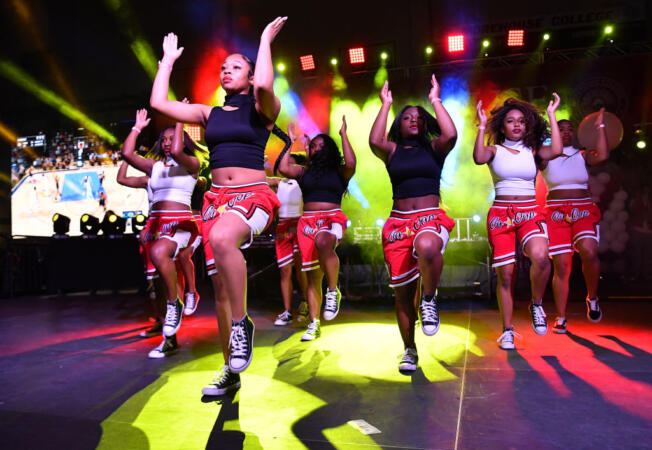
Just like at other institutions, Black Greek life is an integral part of the college experience — even for those who don’t pledge or wait to pledge until after graduating. Known as the “Divine 9”, these organizations originally fostered connections between students, providing substantial support during and after college.
Since the mid 1900s, stepping has been a way for each of the 9 iconic organizations to differentiate themselves and take pride in their membership. The dedication and energy from each Greek organization reflected in the audience is a must-see.
Events on the Yard
Names may vary by universities, but this usually refers to the main outdoor gathering spaces on campus. Multiple activities take place here during the year, and a homecoming weekend is no exception. Everything from bonfires, pop-ups, presentations, barbecues and more can take place here.
The Big Game
This is the main event that caps off a homecoming or classic weekend. Usually reserved for the last day (which is typically a Sunday), this is the big matchup between two rival teams. While the competition on the field is important, don’t forget to watch for the marching band, and majorettes from both teams, who will also be in full force.
The Halftime Show
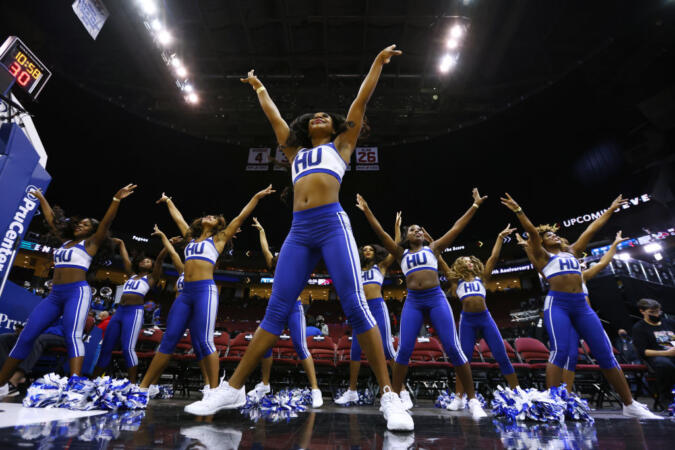
Just like the Superbowl, fans won’t want to miss the halftime show at a homecoming or classic game. This is when the marching bands and majorettes really get to show the crowd what they can do. Sometimes, before a battle of the bands commences, staff hands out awards, and students enjoy the official presentation of the hosting school’s homecoming king and queen.
Closing Faith Service
While everyone’s relationship with faith varies, it’s impossible to downplay the importance of the church within the Black community and especially at HBCUs. Most homecoming and even classic schedules include some form of faith-based worship that closes out the event. This usually occurs the day after the homecoming or classic game and will also serve as an opportunity to highlight the beautiful voices of an HBCU gospel choir.
Get Ready for an Exciting HBCU Season
With HBCU Season literally around the corner, fans, alumni, and current students are in for an action packed first semester. According to the NCAA posted schedule, there are 27 official homecoming games and 28 HBCU classics slated for the 2024 football seasons as of the time this article was published. With events sprinkled across the country, there’s literally something for everyone.

